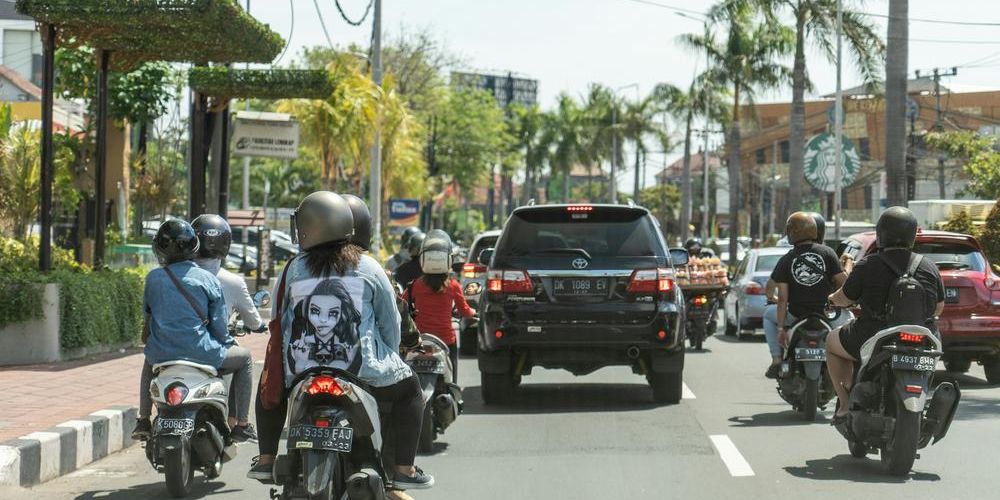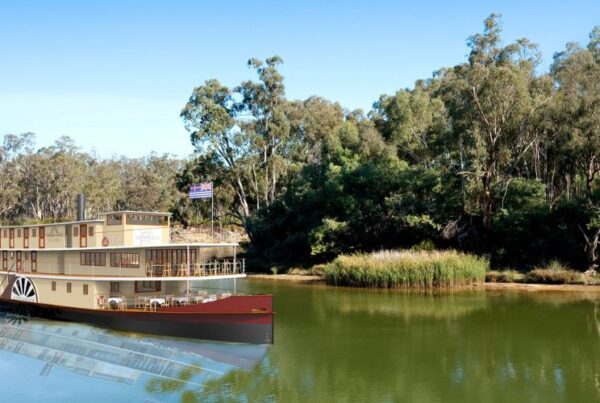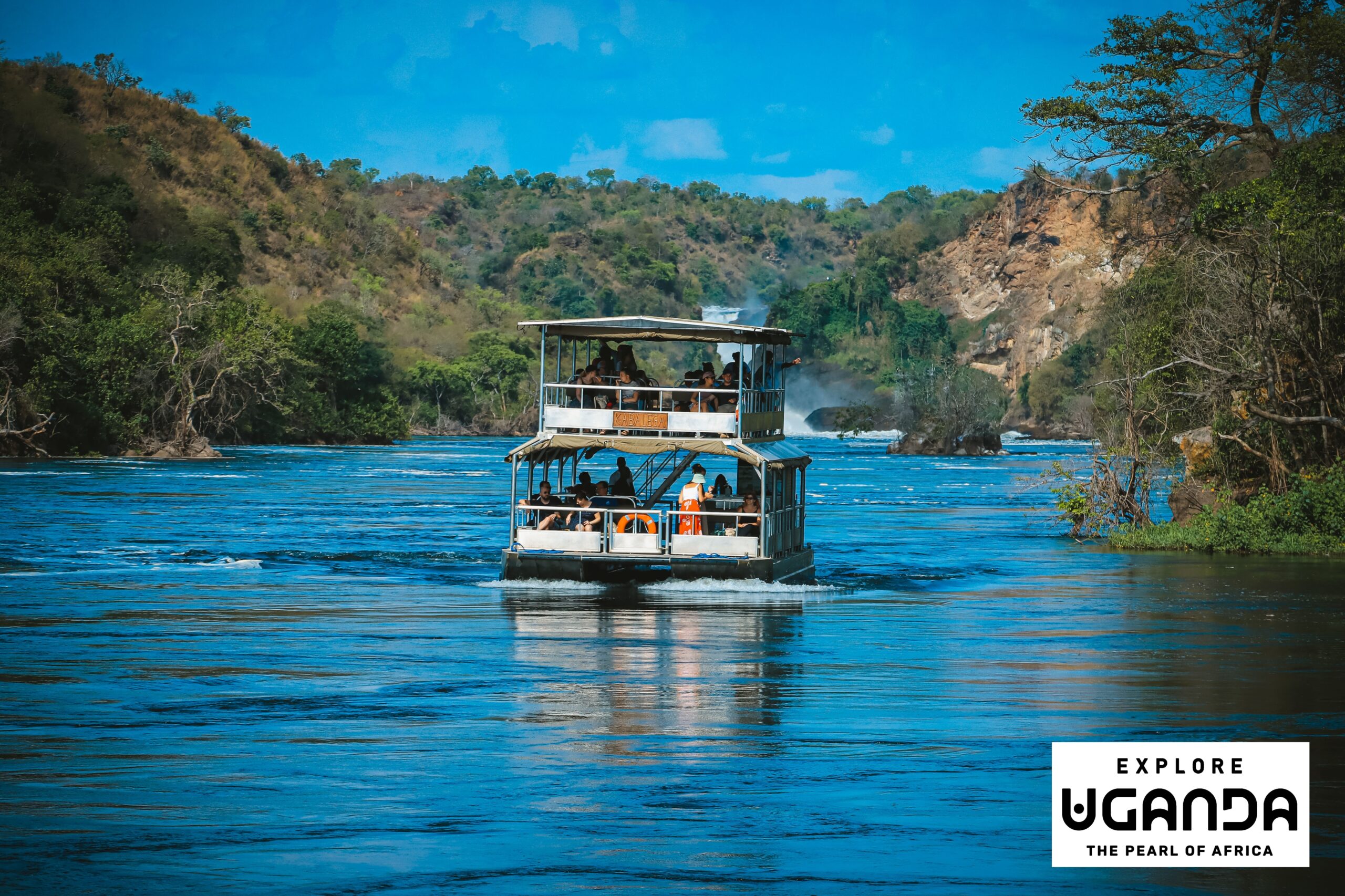Bali has long been the first port of call for Australians seeking a tropical escape, but those tailoring holidays in 2025, the island increasingly feels like a destination in retreat rather than a sanctuary.
Escalating costs have dulled the appeal, flight fares, nightly rates and restaurant bills in Bali now often match or even exceed those back at home, eroding the once effortless bargain that made the island irresistible.
More troubling are safety incidents surfacing lately, some awful enough to demand agent level awareness. In March, a snorkelling boat off Nusa Penida capsized, claiming the life of a 39 year old Australian woman and injuring several others; overcrowded vessels and lax safety enforcement were blamed.
Just this week, another fast boat carrying predominantly tourists, including Australians, overturned near Sanur after a freak wave, resulting in multiple casualties and hospitalised passengers. These tragedies underscore how the everyday activity of sightseeing can now carry alarming risk.
Environmental and social pressures are now painfully visible too. Traffic congestion in hotspots such as Canggu has reached fever pitch, with viral footage prompting some Australians to describe it as an “absolute hell hole,” and prompting travellers to cancel or shift plans elsewhere.
At Bingin Beach in Uluwatu, local authorities have demolished nearly 50 small cafés, homestays and warungs over zoning irregularities, leaving both livelihoods and Bali’s surf culture in peril. Meanwhile, the island has been placed at the top of Fodor’s “No List” for 2025, amid warnings of pollution, overtourism, and an overwhelming deluge of nonstop visitors.
These are not just headlines—they are increasingly the reality expected by clients. In light of these developments, it may be prudent to rethink Bali’s place in your portfolio. Agents might consider proactively steering clients toward alternative destinations that still deliver tropical charm but without the same level of risk or crowding. Vietnam, for example, is enjoying a powerful surge in popularity among Australian travellers in early 2025, up 54 percent on 2019, offering affordability, direct flights, friendly locals, and more diversified experiences.
That said, Bali still holds plenty of appeal for many travellers, and it continues to offer a rich and rewarding holiday experience for those who know where to look. Exploring lesser-known regions, staying informed about local safety conditions, particularly for activities like boat excursions, and seeking out more sustainable, culturally sensitive experiences can all contribute to a more enjoyable visit. At the same time, destinations like Vietnam are becoming increasingly attractive alternatives, with the lantern-lit charm of Hoi An, the winding motorbike trails of Ha Giang, and the dramatic beauty of Ha Long Bay offering great value and a refreshing sense of discovery.

In an era when travel expectations collide with emerging realities, travel agents are the linchpin: supporting Bali’s recovery through better informed choices, or helping clients discover the next great Southeast Asian escape.









